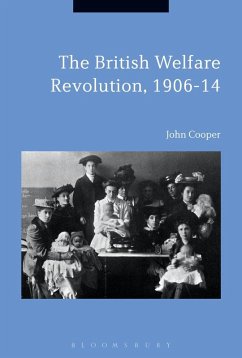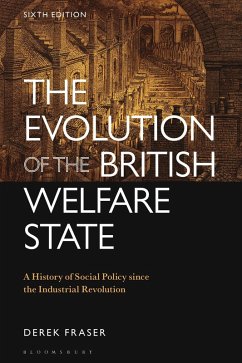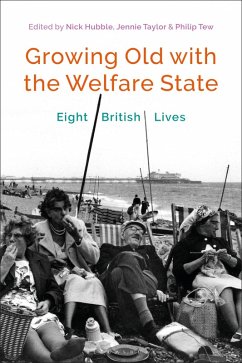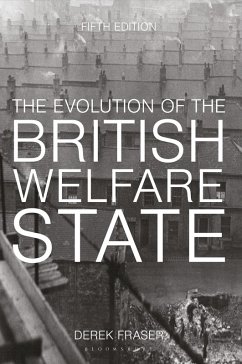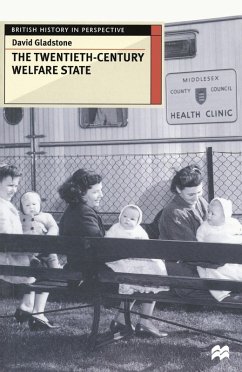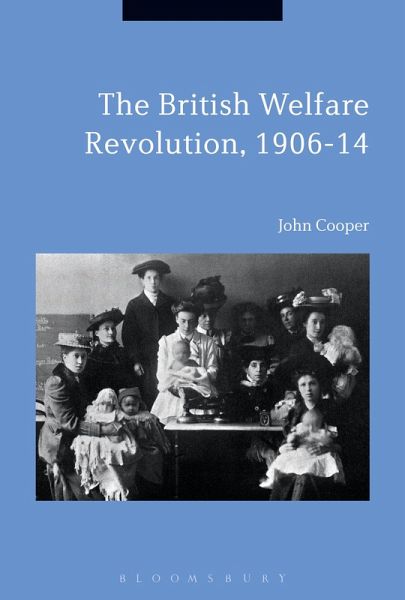
The British Welfare Revolution, 1906-14 (eBook, PDF)
Versandkostenfrei!
Sofort per Download lieferbar
28,95 €
inkl. MwSt.
Weitere Ausgaben:

PAYBACK Punkte
14 °P sammeln!
The Welfare Revolution of the early 20th century did not start with Clement Attlee's Labour governments of 1945 to 1951 but had its origins in the Liberal government of forty years earlier. The British Welfare Revolution, 1906-14 offers a fresh perspective on the social reforms introduced by these Liberal governments in the years 1906 to 1914. Reforms conceived during this time created the foundations of the Welfare State and transformed modern Britain; they touched every major area of social policy, from school meals to pensions, the minimum wage to the health service. Cooper uses an innovati...
The Welfare Revolution of the early 20th century did not start with Clement Attlee's Labour governments of 1945 to 1951 but had its origins in the Liberal government of forty years earlier. The British Welfare Revolution, 1906-14 offers a fresh perspective on the social reforms introduced by these Liberal governments in the years 1906 to 1914. Reforms conceived during this time created the foundations of the Welfare State and transformed modern Britain; they touched every major area of social policy, from school meals to pensions, the minimum wage to the health service. Cooper uses an innovative approach, the concept of the Counter-Elite, to explain the emergence of the New Liberalism and examines the research that was carried out to devise ways to meet each specific social problem facing Britain in the early 20th century. For example, a group of businessmen, including Booth and Rowntree, invented the poverty survey to pinpoint those living below the poverty line and encouraged a new generation of sociologists. This comprehensive single volume survey presents a new critical angle on the origins of the British welfare state and is an original analysis of the reforms and the leading personalities of the Liberal governments from the late Edwardian period to the advent of the First World War.




